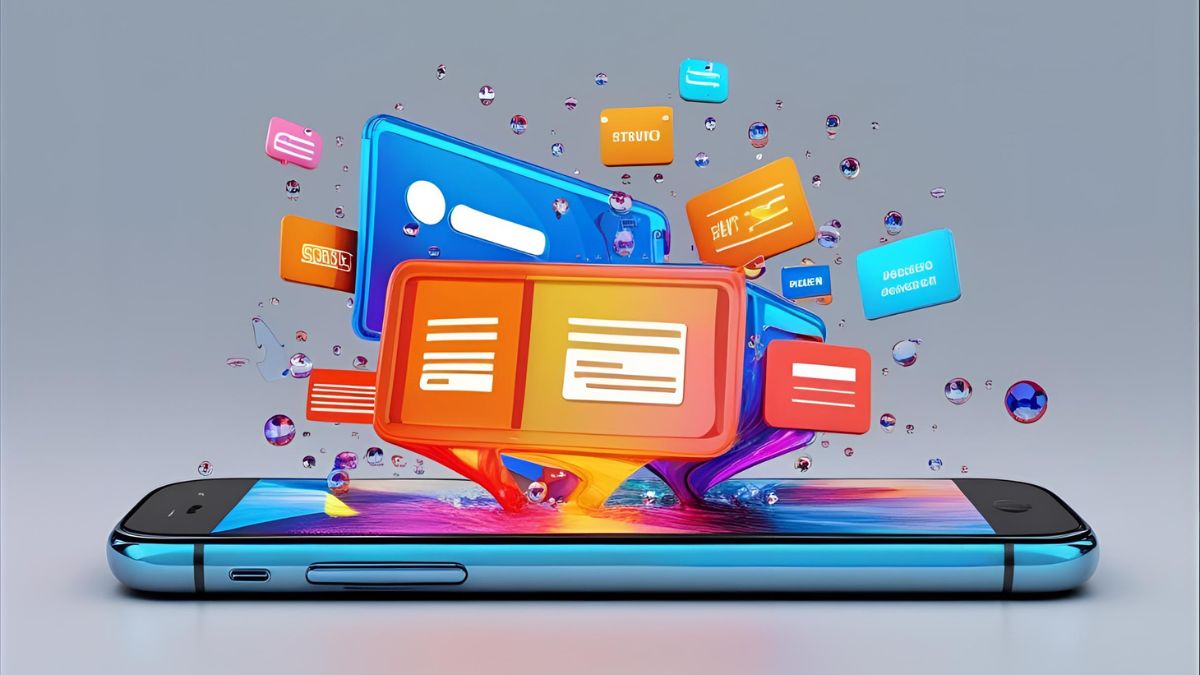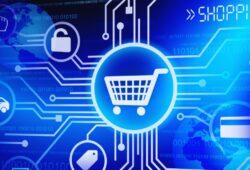
Digital marketing is undergoing an unprecedented revolution. This is revealed in the Google Summer Essentials 2025 report, a strategic document that redefines how brands should approach advertising in the era of artificial intelligence (AI), multimodal content, and automated purchases.
Google’s proposal is not futuristic: it’s a roadmap already underway that all marketing leaders must understand to remain competitive. In this new landscape, advertising will be automated, predictive, personalized, and frictionless.
ALSO READ. Goodbye funnel! Influence maps, the new marketing according to Google
How Is Artificial Intelligence Transforming Advertising?
AI has become the central engine of the new advertising paradigm. According to the report, Google already integrates artificial intelligence at every stage of the advertising process: from product discovery to purchase. AI enables:
- Automating advertising campaigns that learn and optimize themselves.
- Predicting consumer intent even before it is explicitly expressed.
- Personalizing messages and creatives in real time based on user behavior and context.
For example, Google Ads now allows AI to generate creative assets based on an online store’s products, adapting the message and format for each user and platform.
Additionally, AI Mode in Search and AI Overviews deliver enriched and conversational results that include native advertising integrated with personalized responses.
ALSO READ. What are the 4S of marketing according to Google and why should CMOs know them?
What Are Multimodal Searches and Why Are They Revolutionizing Marketing?
Multimodal searches combine text, image, voice, and context to better interpret what the user wants to find. This breaks away from the traditional text-based search paradigm and opens the door to much more visual, immediate, and intuitive experiences.
Google has driven this trend with tools such as:
- Google Lens: enables real-time searches through images or photos, now logging over 25 billion searches per month.
- Circle to Search: a feature that lets users select any element on their smartphone screen to search for it without leaving the app.
This means that users can now see a product in a video, select it directly on the screen, search for more information, and proceed to purchase within seconds, without typing a single word.
For brands, this is a unique opportunity to optimize the presence of their products in these visual environments and ensure their assets are ready to be discovered in any format.
What Are Click-Free Purchases and How Do They Change the User Experience?
One of the most disruptive innovations presented in the report is the concept of click-free purchases or agentic experiences, where artificial intelligence acts as an assistant that takes actions on behalf of the user.
Imagine this scenario:
- The user identifies a product of interest and marks their preferred size, color, and price range.
- AI monitors the product across online stores and detects the best available offer.
- When the price hits the defined range, the AI notifies the user or directly makes the purchase using pre-stored payment information.
This process minimizes friction and creates an experience where the purchase happens almost automatically, assisted by intelligent algorithms that understand each consumer’s preferences and behavior.
This evolution has the potential to transform e-commerce by shortening the decision-making process and removing barriers that currently hinder conversions, such as lengthy forms or multiple redirects.
What Are the Benefits of This New Predictive and Automated Advertising for Brands?
- Higher conversion rates: by eliminating unnecessary steps, users complete purchases more quickly.
- Better personalization: AI delivers ads, recommendations, and offers that are truly relevant to each person.
- Continuous optimization: campaigns learn and improve without constant manual intervention.
- Contextual presence: the brand appears at the right time and in the right format, whether in a search, video, or image.
Moreover, Google notes that campaigns on YouTube, Search, and Shopping that incorporate these AI capabilities have shown better ROAS and engagement compared to traditional campaigns.
How Should Companies Prepare for This Future?
To compete in this new paradigm, CMOs must:
- Integrate first-party data to feed predictive models.
- Upgrade their tech stack with tools like Performance Max, AI Max for Search, and Demand Gen.
- Optimize creative assets to be adaptable across different formats and devices.
- Build teams with expertise in AI and automation.
- Adopt advanced measurement techniques like marketing mix modeling (MMM) and incremental experiments using platforms like Meridian.
Advertising Is No Longer Designed, It Is Trained
The phrase that best sums up Google’s proposed future is that advertising is no longer designed, it is trained. With AI, ads self-optimize, searches become visual and interactive, and purchases occur in environments where the user barely needs to intervene.
Brands that adapt to this predictive, multimodal, and frictionless logic will be the ones leading the future of marketing.










